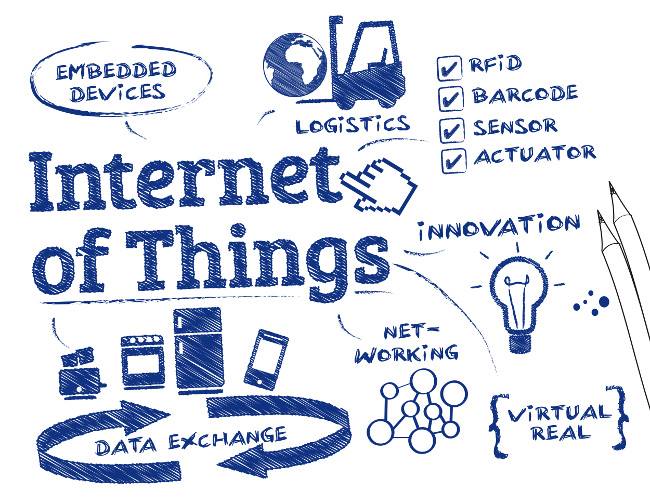The technological evolution is at its verge and now pushing all boundaries to the way business industry moves. Nowadays, the internet and online platform is the ultimate solution to everything we do, no matter how small or big, and that includes logistics industry as well. Take for instance Amazon, known as the e-commerce leader and for its fast-paced delivery that can get you the package in less than an hour; however, depending on your location.
Advanced technology also boosted productivity and efficiency in the supply chain sector while minimizing costs and inaccuracies. All these improvements in technology benefited the logistics industry and its divisions like trucking and global transformation (via sea and air routes), shipment tracking technology, and supply chain management. Let’s have a look at how technological transformation is redefining the future of logistics.
Also, see: Best Security Solutions for Businesses
Shipment Tracking Solutions
Just a few years back, customers used to book their shipments and receive an estimated delivery date against it. However, they were left in the dark unless they make a follow-up call. Today, thanks to the internet and software advancement, customers have real-time access and tracking system of their consignment 24/7 which enhances overall user-experience and saves time & money. Some of the most advanced shipment-tracking systems feature instant notifications, messages & updates, customized reporting and account particulars against the destined cargo.
Radio Frequency Identification (RFID) & Internet of Things (IoT)
Would you imagine turning ON the ceiling fan or the floor light with your smartphone some 10-years back? Not then, but today, smartphones and many handhelds & pocket-sized devices are integrated with wireless internet and sensor tech that can power up almost everything including a simple ceiling fan to your car and critical features in your home. This easy connectivity evolved the term Internet of Things (IoT) which further opened doorways to unlimited possibilities and lucrative employment opportunities.
This IoT presents us with a whole new face of the supply chain, in terms of risk safety, on-time deliveries and cost reduction. Sensors are wired into cargo ships, cabs, trains and other such transportation which connects to an alarm system or transmitter that monitors and tracks. These sensors process and signal the relevant details to the crew who proceeds further accordingly. While, IoT isn’t something novel, evolution and pervasion of the technology into almost everything continues to redefine and reshape the industries, including logistics for accurate visibility of the consignment.
Then there’s the Radio Frequency Identification (RFID) tech that has been in use for a while and renowned due to its efficiency in inventory tracking. A sensor or smart tag is fitted to the product which transmits the radio waves which is received and processed by the company.
And while barcodes are quite similar to RFID tags, the latter is more corporate-friendly and appealing due to the superior speed of delivering information and data processing. Many companies today use RFIDs in their distribution warehouses to monitor shipment, also the apparel industry and some of the biggest theme parks around the world also use them.
Also, read: 4 Ways to get out of business debt
Independent Drones & Trucks
Today, we’re living in a world where computer technology drives us from point A to B when it comes to travel or even receiving a shipment. The best example of advanced logistics solutions is ‘unmanned aerial vehicle’ or ‘drones’ that redefines the shipping and trade business.
Apart from some of the biggest logistics companies, vehicle manufacturers and likewise companies like Tesla have released self-driving trucks powered by IoT which sets an example to the trading industry.
Then there’s the e-commerce giant again, Amazon which announced package delivery right at the doorstep via drones to cut down the cost sufficiently.
More Accurate GPS
It has been long since we bid farewell to those printed geographical maps and directions, thanks to the GPS technology which share real-time and interactive map display to users in their car system or mobile phone. In the last few years, the accuracy of these devices has increased sufficiently which also augments productivity and customer satisfaction.
To remain competitive and enhance efficiency, it’s crucial to keep up with the latest tech especially for industries like shipping and logistics.




























